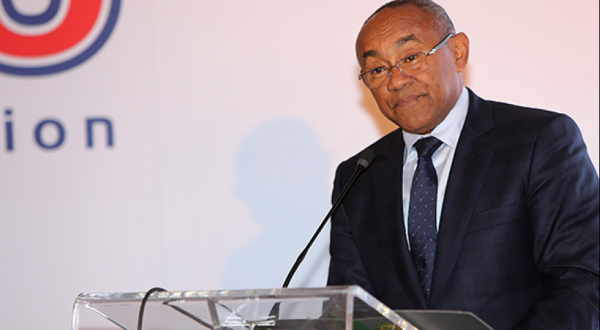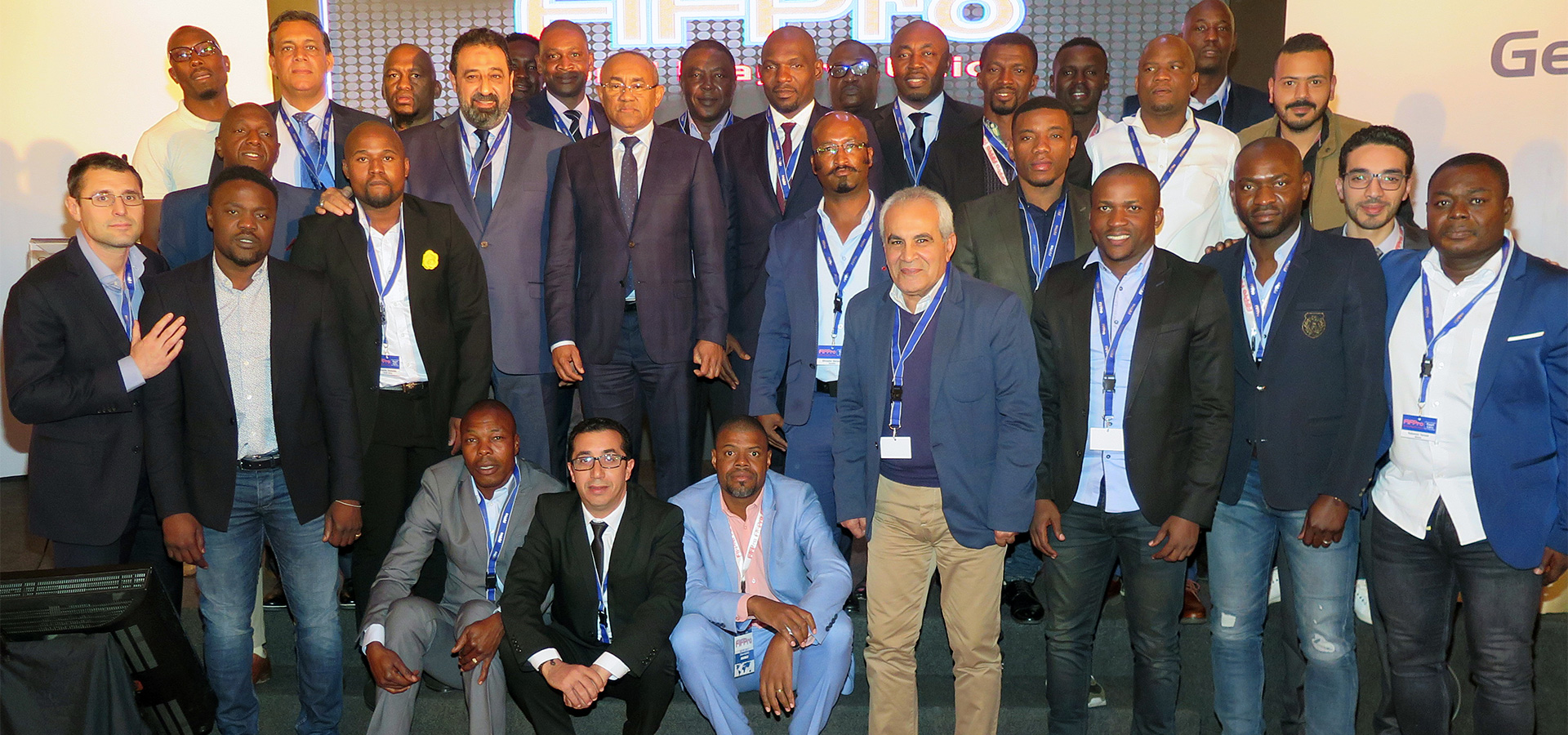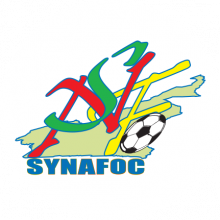AFRICAN FOOTBALL PLEDGES TO COMBAT LATE PAY

African football’s top official has pledged to take action after FIFPro research found 56% of players on the continent are paid late.
Ahmad, who became president of the Confederation of African Football (CAF) in March, said he and his staff would work to improve the employment conditions of professional footballers in Africa.
Ahmad singled out the findings on late pay in the 2016 FIFPro Global Employment Report when he spoke at the FIFPro general assembly in Cairo last week.
“One of the first fights that we will have to carry out jointly with you (FIFPro) will be the payment of salaries of professional players recruited by African clubs,” Ahmad said.
“We will ask our committees to consider all ways and means so that our footballers can practice their profession in the best possible conditions and the first must be the settlement of their salaries.”
“We intend to make every effort to ensure that all clubs competing in our continental competitions are in good standing with the players they have under contract.”
Ahmad added that CAF is open to update the agreement signed with FIFPro Africa in 2011 to strengthen their cooperation.
“Such an agreement will allow us to join our efforts and fight together to guarantee a better future for young footballers in Africa and for those who try their luck in Europe, to fight match-fixing, doping, racism in football and ensuring that footballers’ rights and image are respected.”
“The words of President Ahmad are a confirmation of our strong collaboration,” said Stéphane Burchkalter, Secretary General of FIFPro Africa.
“Both organisations want players’ rights to be protected, football regulations upheld and player contracts respected. This is fundamental not only for the players, but for African football as a whole.”
Burchkalter said African football was benefiting from Ahmad’s collaborative approach and the involvement of former top players with African unions.
“Geremi Njitap (Cameroon), Didier Drogba (Ivory Coast), Anthony Baffoe (Ghana), Herita Ilunga (Democratic Republic of Congo) and others are showing their solidarity with lesser-known players in their home countries and have really advanced player unions.”

